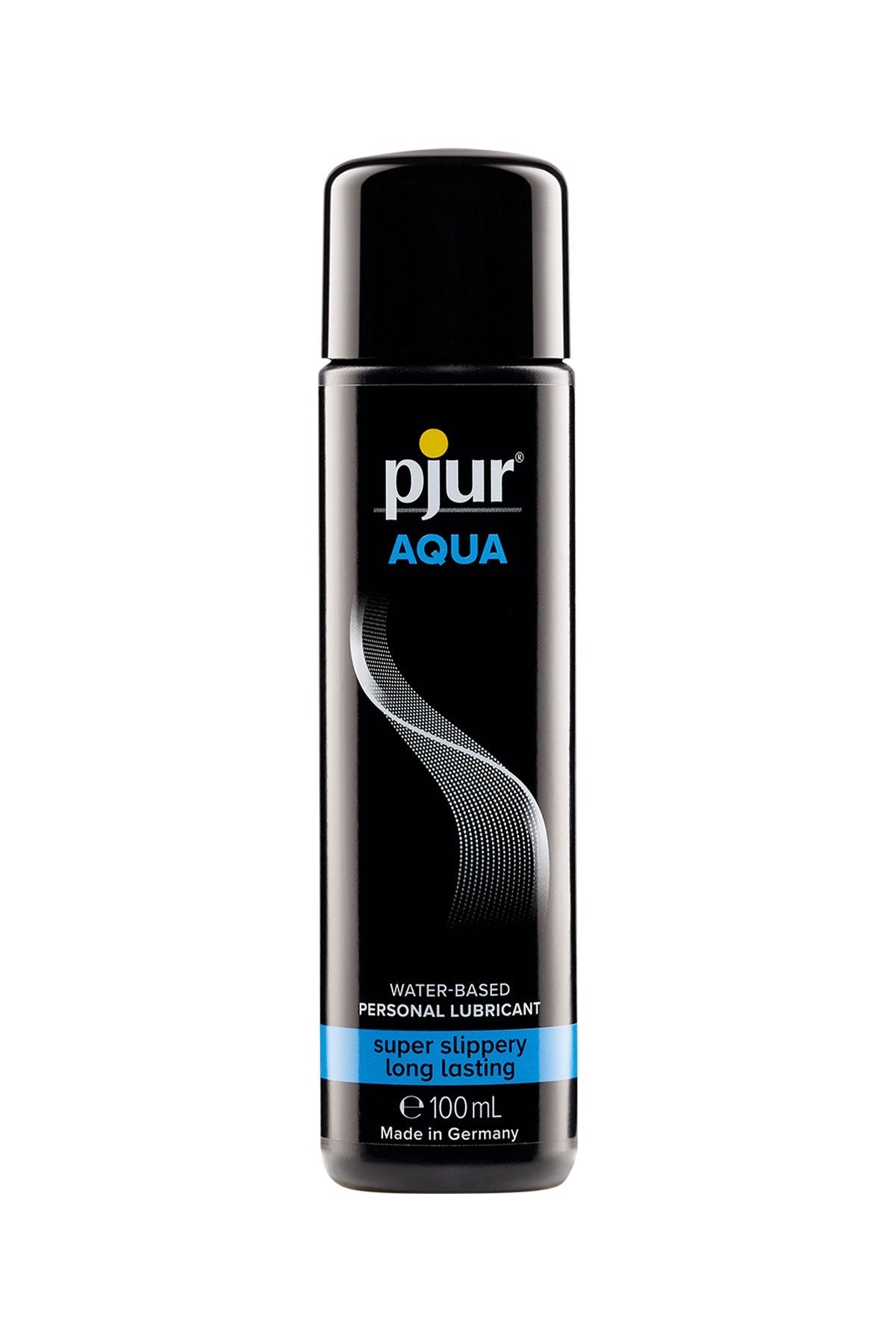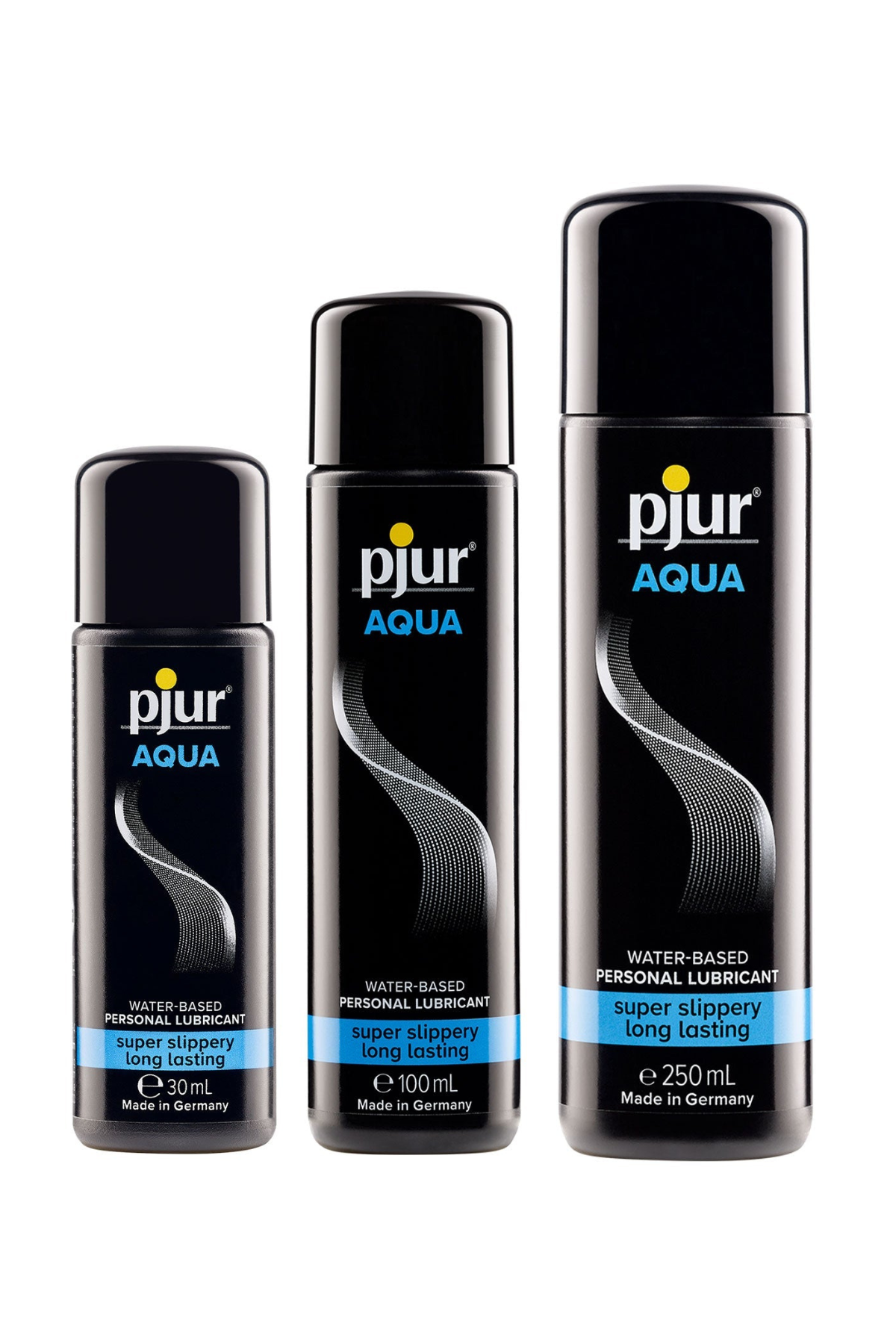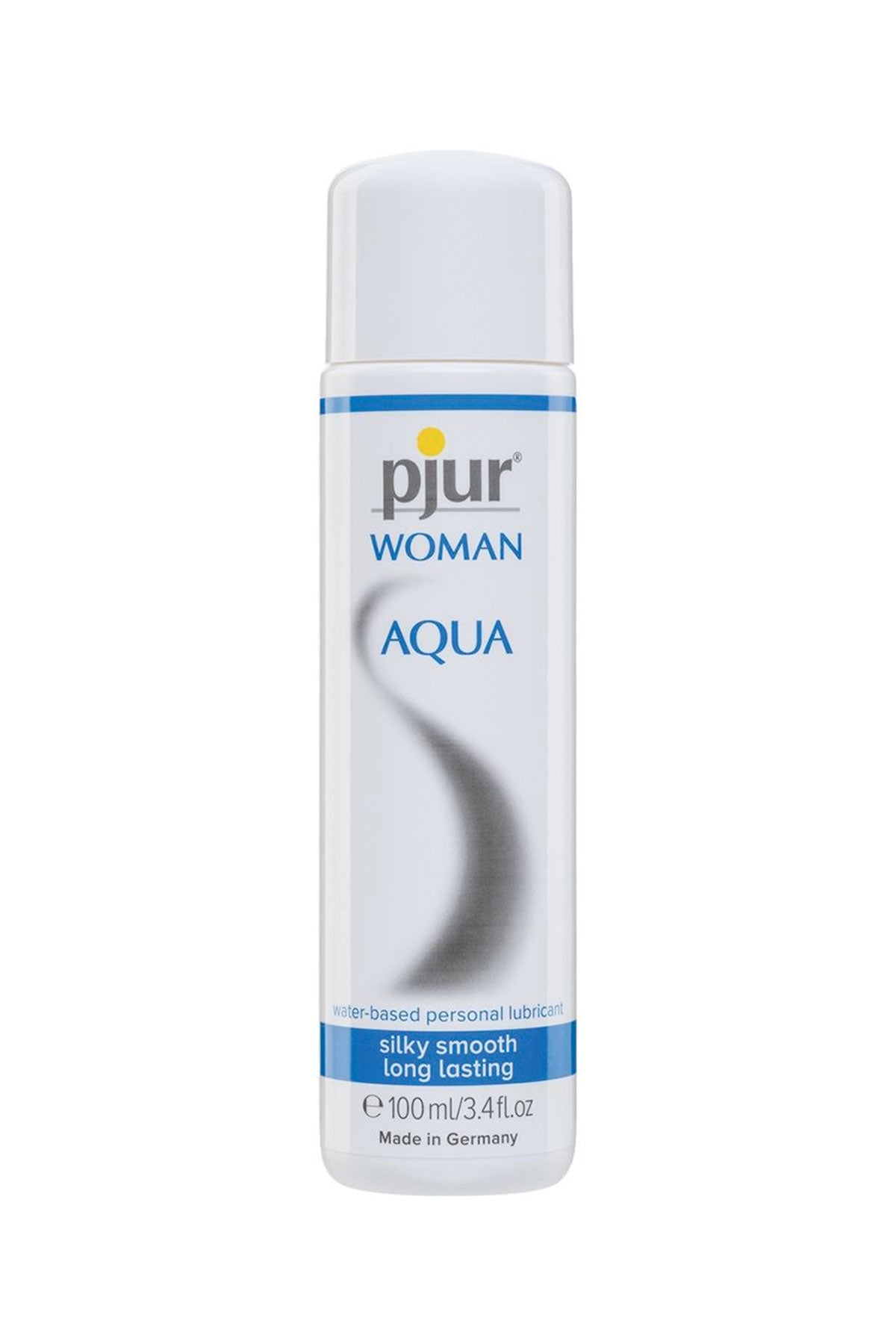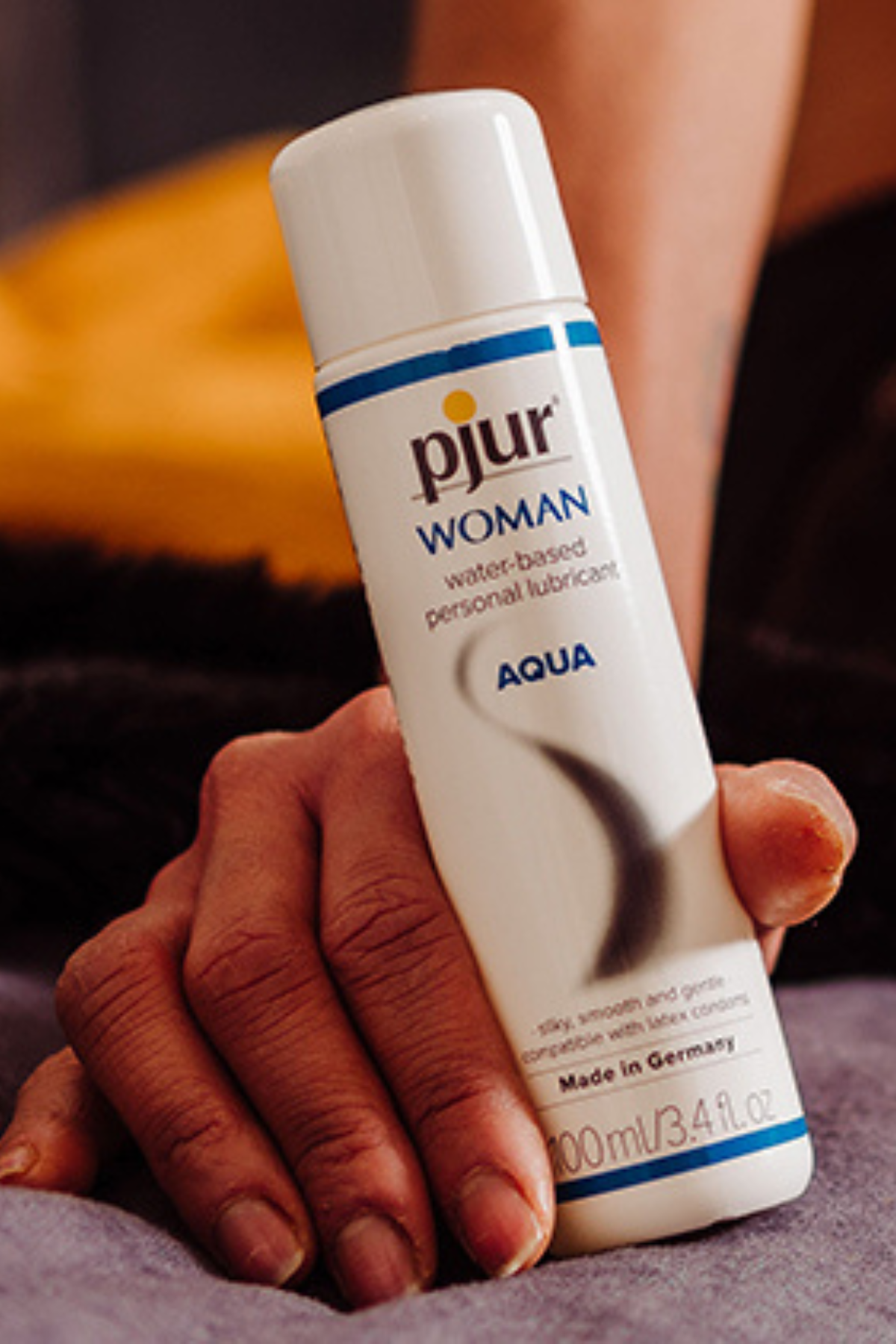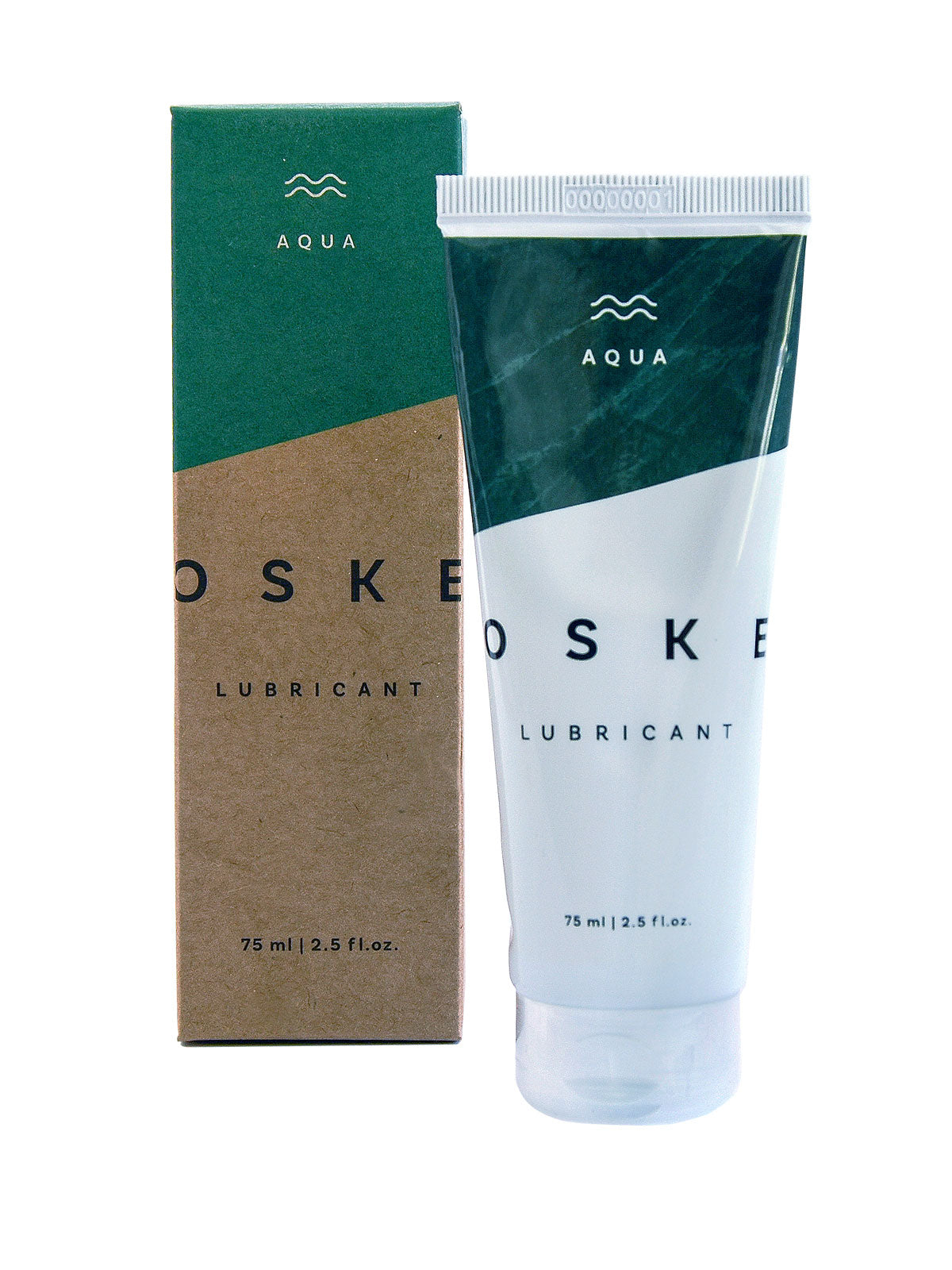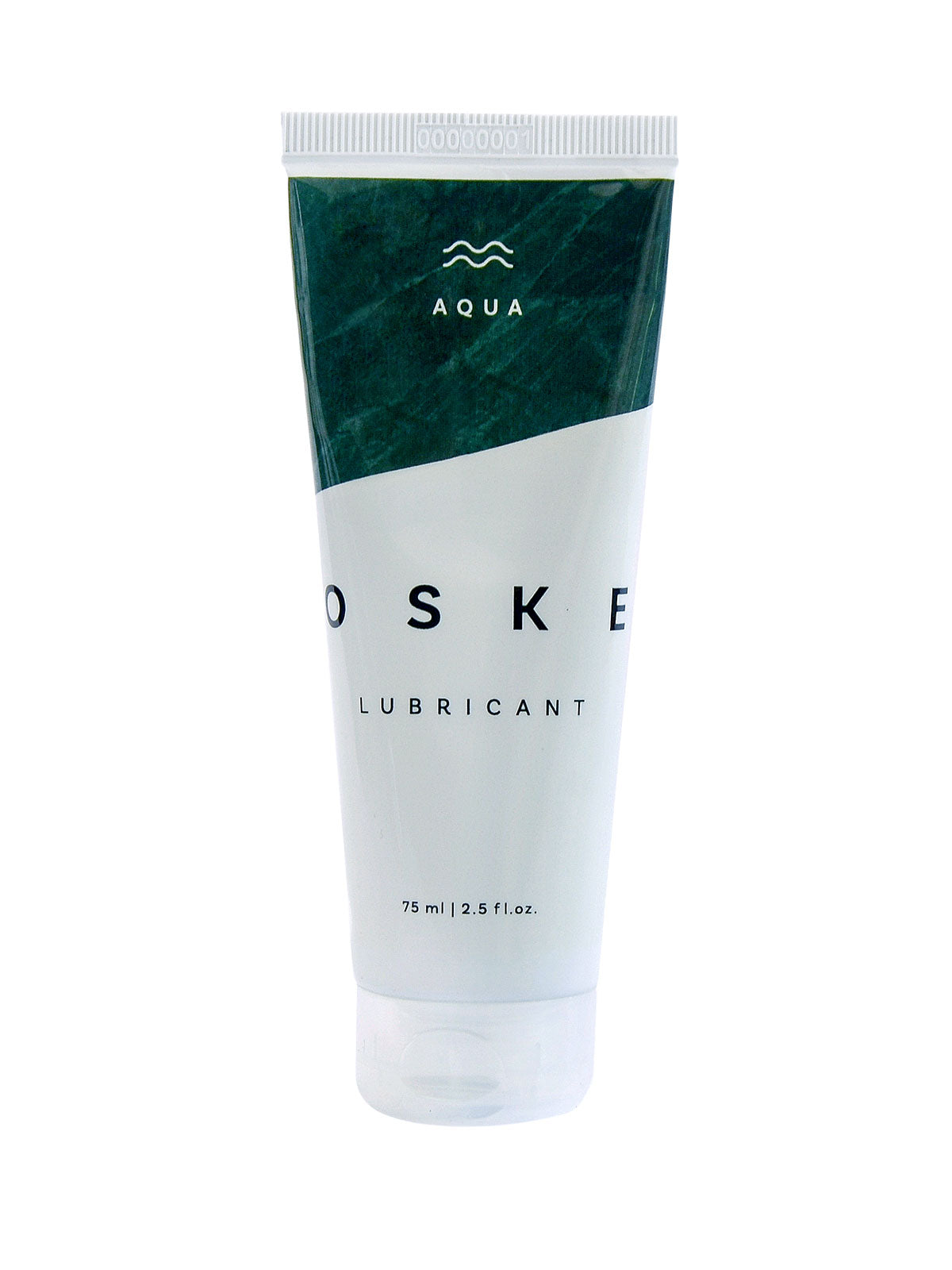
Medical Conditions & Environments That Can Lead to Vaginal Dryness
Vaginal dryness is a common issue that many women experience at various stages of life. While lifestyle factors and hormonal changes play significant roles, certain medical conditions and lifestyle environments can also lead to reduced natural lubrication.
Understanding these conditions and lifestyle environments can help in managing symptoms, or in finding appropriate solutions.
Perimenopause & Menopause
These two major changes in a woman’s body result in less oestrogen being produced, which can cause the mucous membranes in the vagina to become increasingly dry. The reduction in natural lubrication during perimenopause and menopause is a common experience for many women.
Childbirth, Breastfeeding & Early Post-Partum
Breastfeeding is known to affect female hormone levels and natural lubrication. The good news is that dryness caused by these events will pass, and that lubricants and safe medications can help remedy them. Hormonal fluctuations during the early post-partum period can also contribute to temporary dryness.
Hormonal Contraception
Vaginal dryness is a common side effect of hormonal contraception. This is because your body’s natural oestrogen and progesterone hormones are replaced by synthetic ones in hormonal contraception.
Oophorectomy
Also known as an ovariotomy, this is the surgical removal of an ovary or ovaries. Because this type of surgery is invasive and removes some of the vital female reproductive parts, it compromises the proper functioning of the female organs, leading to hormonal imbalances and resulting in vaginal dryness.
Hysterectomy
A woman’s cervix and the cells that produce lubrication are removed during a hysterectomy, another invasive operation. This procedure unavoidably causes vaginal dryness due to the removal of essential parts that help maintain natural moisture.
Cancer Treatments
Cancer treatments like chemotherapy, radiation, and certain medications can affect hormone levels and lead to vaginal dryness. These treatments can reduce the body's natural lubrication and cause discomfort.
Diabetes
High blood-sugar levels can affect the glands in the cervix, thus affecting your natural lubrication. Diabetes can lead to various complications, including reduced blood flow and nerve damage, which can contribute to vaginal dryness.
Thyroid Disorders
Hypothyroidism (underactive thyroid) and hyperthyroidism (overactive thyroid) can both influence hormone levels in the body, which can lead to symptoms of vaginal dryness.
Depression and Anxiety
While not direct causes, depression and anxiety can lead to hormonal imbalances and lifestyle changes that may contribute to vaginal dryness. Certain medications used to treat these conditions, such as antidepressants, can also have dryness as a side effect.
Autoimmune Disorders
Other than Sjögren’s Syndrome, autoimmune disorders such as lupus and rheumatoid arthritis can also lead to vaginal dryness. These conditions can cause inflammation and affect the body's ability to produce natural moisture.
Sjögren’s Syndrome
This is an autoimmune disease causing chronic inflammation of the body’s secretion-producing glands. This leads to less secretion and, therefore, vaginal dryness. Women with Sjögren’s Syndrome often experience dryness in other areas as well, such as the eyes and mouth.
Chronic Kidney Disease
Chronic kidney disease can impact overall health and lead to imbalances in hormone levels, contributing to vaginal dryness.
Managing Vaginal Dryness Caused by Medical Conditions
If you experience vaginal dryness due to a medical condition, there are several strategies to help manage the symptoms and improve your comfort:
- Use Personal Lubricants: High-quality lubricants can provide immediate relief from dryness. Choose water-based or silicone-based lubes, depending on your preference and needs.
- Vaginal Moisturisers: These can provide long-lasting hydration and improve overall vaginal health. Use them regularly to maintain moisture levels.
- Consult Your Healthcare Provider: Always discuss your symptoms with your healthcare provider to determine the best treatment options. They may recommend hormone replacement therapy (HRT) or other medications.
- Maintain a Healthy Lifestyle: Staying hydrated, eating a balanced diet, and managing stress can support your overall health and help alleviate vaginal dryness.
- Avoid Irritants: Use gentle, unscented products for your intimate hygiene and avoid douches or harsh soaps that can disrupt the natural balance.
Understanding the medical conditions that contribute to vaginal dryness is crucial for finding effective solutions. By being proactive and seeking appropriate treatments, you can manage your symptoms and maintain comfort and intimacy in your life.


